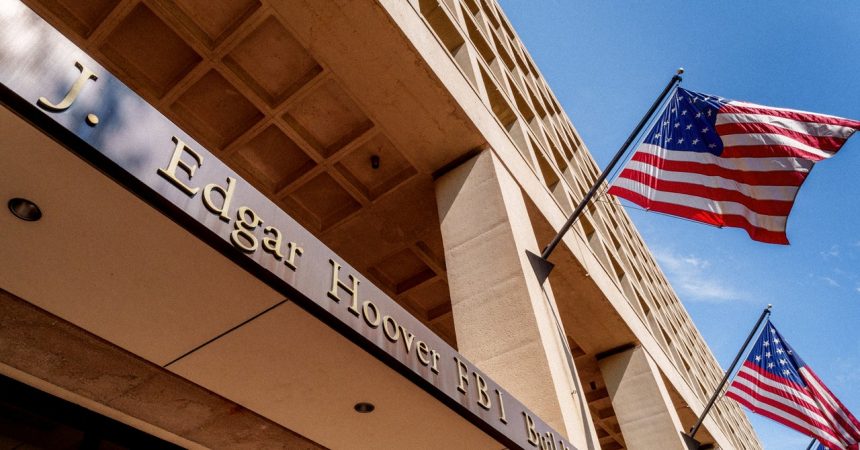In July 2022, AT&T, a leading US telecommunications company, disclosed a significant data breach impacting the call and text messaging logs of almost all its over 100 million customers. The breach encompassed data from a six-month period and, while not including the content of communications, exposed the communication records, revealing who contacted whom and when. This raised significant concerns, especially for the Federal Bureau of Investigation (FBI), as the breach potentially included communication logs of FBI agents, potentially jeopardizing ongoing investigations and the safety of confidential sources. The exposed data could reveal connections between agents and their sources, potentially compromising sensitive operations and putting informants at risk.
The FBI immediately recognized the gravity of the situation and launched efforts to mitigate potential fallout. Their primary concern was the potential identification of anonymous sources, crucial to their investigative work. These informants often operate in high-risk environments and rely on anonymity for their safety. The breach threatened to expose their identities, potentially jeopardizing ongoing investigations and discouraging future cooperation from potential sources. The FBI’s response underscores the importance of protecting confidential human sources and maintaining the integrity of their investigations.
The compromised data, while lacking the content of calls and texts, still provided valuable information for potential adversaries. By analyzing communication patterns, malicious actors could potentially identify confidential sources, discern connections between individuals involved in investigations, and gain insights into ongoing operations. The breadth of the breach, encompassing nearly all of AT&T’s customer base, amplified the potential for damage. While the exact spread of the stolen data remains unclear, the possibility of its misuse raised serious concerns for the FBI. Reports indicate that AT&T paid a ransom to prevent the data’s release, but the efficacy of this measure remains uncertain.
Compounding the situation, the AT&T breach occurred amidst another unfolding cyber espionage campaign attributed to China’s Salt Typhoon group. This separate campaign targeted multiple US telecom companies, including AT&T, and compromised call and text logs of a smaller, yet high-profile group of targets. In some cases, the Salt Typhoon attacks went even further, capturing recordings of communications and location data. This overlapping series of security breaches highlighted the increasing vulnerability of telecommunications infrastructure and the growing sophistication of cyber espionage tactics.
In response to these escalating threats, the FBI and the Cybersecurity and Infrastructure Security Agency (CISA) issued recommendations for enhanced communication security. They advised individuals, especially those handling sensitive information, to adopt end-to-end encrypted platforms like Signal or WhatsApp. This marked a notable shift in the US government’s stance on encryption, which historically has been wary of its use due to concerns about hindering law enforcement investigations. The recommendation signaled the growing recognition of the critical need for robust communication security, even if it potentially complicates certain aspects of law enforcement work.
While the FBI’s concern about the AT&T breach is understandable, if agents adhered to established protocols for sensitive communications, the risk to confidential sources should have been minimal. Standard operating procedure dictates the use of burner phones and other anonymization techniques to safeguard against potential compromise of communication logs. The FBI’s public expression of concern could indicate either an abundance of caution or a troubling discovery of protocol violations within its ranks. Regardless, the situation underscores the necessity of rigorous adherence to security protocols and the ongoing adaptation of these protocols to the evolving threat landscape. The full implications of both the AT&T breach and the Salt Typhoon campaigns remain to be seen, demanding ongoing vigilance and comprehensive efforts to strengthen cybersecurity across the telecommunications sector.



